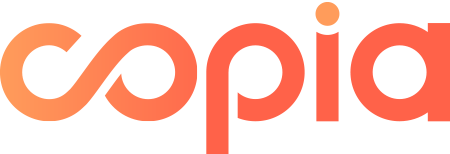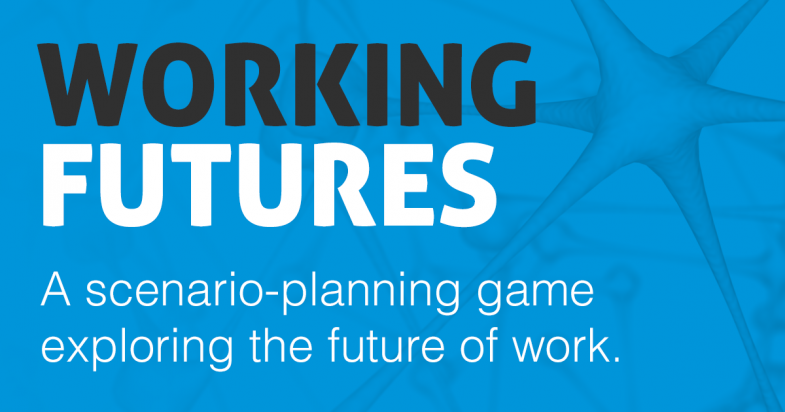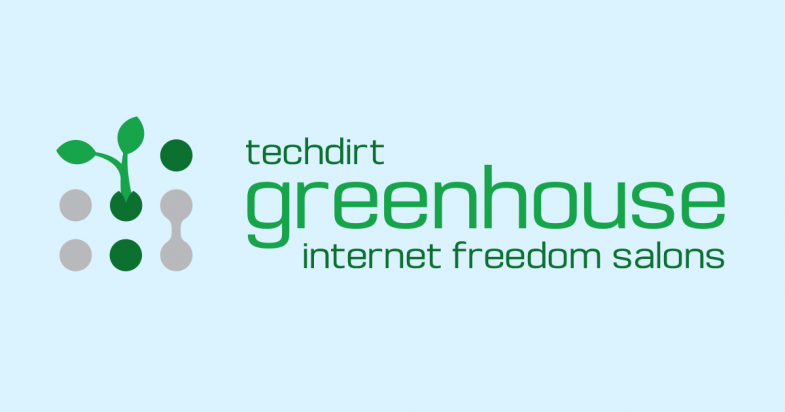For the past few years, there have been plenty of discussions about “the future of work,” but they tend to fall into one of two camps. You have the pessimists, who insist that the coming changes wrought by automation and artificial intelligence will lead to fewer and fewer jobs, as all of the jobs of today are automated out of existence. Then, there are the optimists who point to basically every single past similar prediction of doom and gloom due to innovation, which have always turned out to be incorrect. People in this camp point out that technology is more likely to augment than replace human-based work, and vaguely insist that “the jobs will come.” Whether you fall into one of those two camps — or somewhere in between or somewhere else entirely — one thing I’d hope most people can agree on is that the future of work will be… different.
Separately, we’re also living in an age where it is increasingly clear that those in and around the technology industry must take more responsibility in thinking through the possible consequences of the innovations they’re bringing to life, and exploring ways to minimize the harmful results (and hopefully maximizing the beneficial ones).
That brings us to the project we’re announcing today, Working Futures, which is an attempt to explore what the future of work might really look like in the next ten to fifteen years. We’re doing this project in partnership with two organizations that we’ve worked with multiples times in the past: Scout.ai and R Street.
The key point of this project: rather than just worry about the bad stuff or hand-wave around the idea of good stuff magically appearing, we want to really dig in — figure out what new jobs may actually appear, look into what benefits may accrue as well as what harms may be dished out — and see if there are ways to minimize the negative consequences, while pushing the world towards the beneficial consequences.
To do that, we’re kicking off a variation on the classic concept of scenario planning, bringing together a wide variety of individuals with different backgrounds, perspectives and ideas to run through a fun and creative exercise to imagine the future, while staying based in reality. We’re adding in some fun game-like mechanisms to push people to think about where the future might head. We’re also updating the output side of traditional scenario planning by involving science fiction authors, who obviously have a long history of thinking up the future, and who will participate in this process and help to craft short stories out of the scenarios we build, making them entertaining, readable and perhaps a little less “wonky” than the output of more traditional scenario plans.
As the first step in this process, we’re asking for input and thoughts on the kinds of “driving forces” that will have the most impact on the future of work in ten to fifteen years. If you go over to WorkingFutur.es right now, you can provide your input on which forces will be the most important and impactful, and help us in thinking through what the future might look like. In late April, we’ll also be hosting an event in San Francisco, where we’ll be using the results of this online process to help us begin to build the frameworks of multiple future scenarios to explore. Please check out the survey and give us your thoughts.


